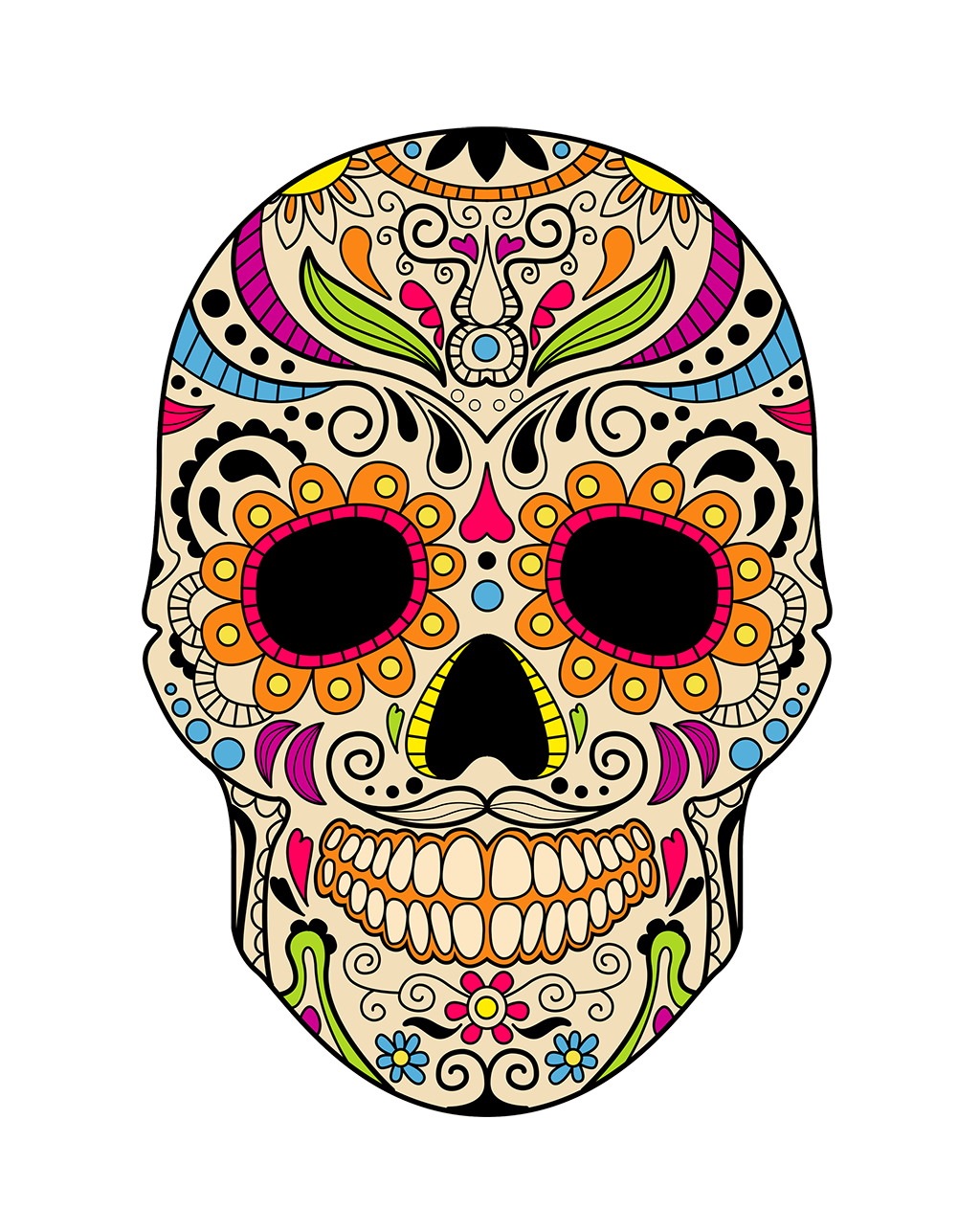God of War Ragnarok First Impressions
I'm 2 hours into God of War: Ragnarok. I've written about Norse mythology on my other blog, Might and Myth, so I have an interest in this game for its portrayal of the stories and characters in those myths. It's also worth mentioning that Gnarlos - a character from my game Robot Ops - takes some inspiration from the first God of War game in the duology; he wields 2 frost axes that he throws like boomerangs and which freeze enemies on contact, and he also has a flaming ball and chain that he uses for more rapid, fiery attacks.
First Impressions
I didn't like Baldr from the first game. He was nothing like the Baldr from the mythology, being neither golden nor the embodiment of virtue and good. Instead, God of War's Baldr was more of a dirty sailor.
In the sequel, however, I'm glad they got closer to portraying Thor accurately. The red hair and beard are absolutely necessary for any correct interpretation of Thor, so it's nice to see that here. He seems a little big, though, and while his size might be an realistic visual representation of strength in both the powerbuilding world and the ancient Scandinavian world, it makes Thor seem out of shape standing next to Kratos. The only thing Thor is lacking is his adventurous nature. It's weird to see a Thor who isn't dying to go off on an adventure with Loki.
Speaking of Loki, Atreaus is an atrocious Loki. He bears nothing in common with Loki, other than some transformation skills. In the mythology, Loki is manipulative and evil, with the closest pop culture equivalent being the more mischievous versions of The Joker. God of War's Loki seems like he isn't the real Loki. He's somewhat curious, but he's not at all evil or undermining in the straightforward sense.
Finally, Odin is abysmal. It seems like God of War's Odin will be somewhat faithful to the mythological Odin in terms of his function in the story, but not at all close to how I imagined him being in any other sense. Odin is supposed to be a wise and mystical figure in the Norse pantheon of gods. In God of War, he's a New York gangster running a shady telemarketing business. I have no idea why they made him the way they did.
Other than that, I will make one last comment. The initial fight between Kratos and Thor seems like a commentary to me by the developers concerning the players. In the fight, Thor keeps pushing Kratos into "showing his real self, the real God of War," while Kratos resists becoming who he used to be. I think Kratos represents the developers trying to move Kratos past his origins and into a well-developed character. Thor, on the other hand, represents the players demanding a return to the murderous, wrathful God of War that made the first trilogy so much fun to begin with. In the end, the players (Thor) won a little bit, getting Kratos (the developers) to return to their roots for just a moment.
Oh, and I think the game is fun so far.
Comments:
Leave a Comment
Submit

